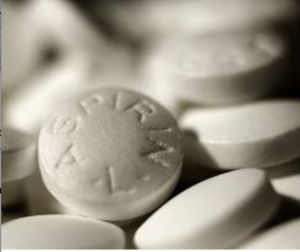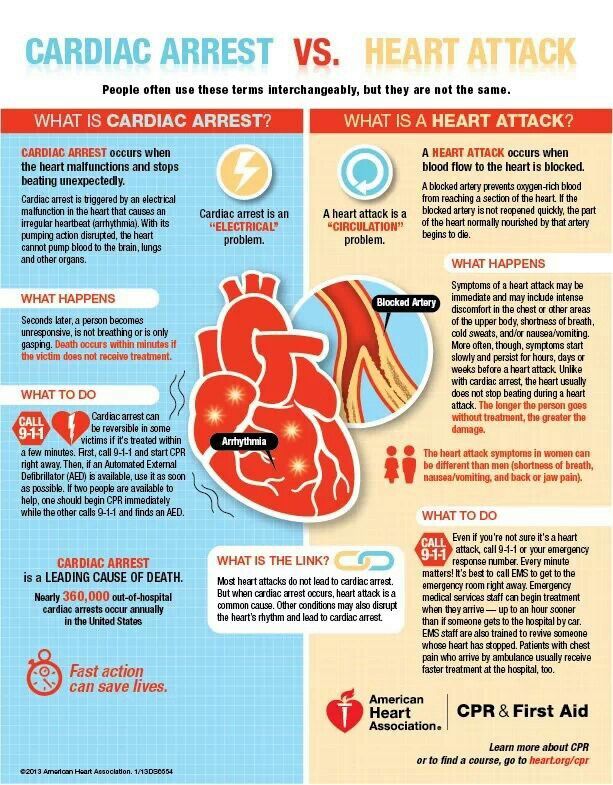It’s no secret that heart disease is one of the major causes of death in America. It’s a prevalent issue in our society, brought on by a number of different factors. While we can do a great deal to keep ourselves in good health and avoid suffering the perils of heart disease (exercising and eating healthy foods, for example), it’s important to remember that genetics play a huge role in this condition. Even those who live the healthiest of lifestyles could potentially become victims of heart attack, which is why it’s important to always be prepared for such an emergency.
Everyone owes it to themselves to be prepared in the case that a heart attack scenario might occur – especially those 40 and older. It comes down to simply making sure you have a few things on hand for an emergency, and it doesn’t have to cost a lot of money to be prepared.
 Keep a Bottle of Aspirin on You or In the House
Keep a Bottle of Aspirin on You or In the House
It’s common knowledge that aspirin can help to keep heart attacks at bay, especially when taken at the onset of a heart attack. While some people may have health problems that could be exacerbated by taking aspirin (always check with a doctor to ensure that this medication is safe for you), it’s generally well-tolerated and can potentially stop a heart attack in its tracks if taken at the right time.
Always keep a bottle of aspirin safely tucked away in your home, or if you’re over 40 and are a potential candidate for a heart attack, keep a small bottle in your purse or pocket at all times. You never know when an emergency might strike and being well-prepared is more than worth your while.
Buy an AED
In general, most people don’t need an AED in their home. But those who have heart disease can benefit greatly from having one of these devices on hand. AEDs are defibrillators meant specifically for home or office use, and can help to start a heart that has stopped beating. Using an AED requires special instruction, and you should always be well-versed on how to use this device. Since AEDs need a third-party to run them, be sure to go over the logistics of using this device with at least one or two people who are often in your home or office.
When shopping for an AED, be sure to take price, quality and brand recognition into consideration. AED Brands has a resource center and guide specifically designed to help you sort through these factors and get a quality device without spending a fortune.
Understand the Symptoms
Perhaps the most important thing that you can do in regards to preparing for a heart attack is to gain a full understanding of the symptoms you might end up experiencing. Heart attack symptoms can come on fast, and they include chest pain, shortness of breathe, light-headedness, feelings of impending doom and pain in the arm or jaw. Many of these symptoms are also characteristic of panic disorder and anxiety attacks, which can be both a confusing and scary determination to make in the heat of the moment. Experiencing a number of these symptoms warrants calling 911, especially if you don’t have a history of panic disorder.
No one ever wants to consider the possibility that they might become a victim of heart disease, but taking action ahead of time can mean the difference between life or death. If you’re prepared, you can rest easy knowing that you’re doing everything possible in the case of an emergency.
This guest post was submitted by: Samantha Peters, a contributor on the personal finance blog Paid Twice. Sam enjoys writing about ways to ensure that your money is working hard and earning you the highest rates of return. Sam lives in sunny San Diego, California where she enjoys life with her puppy Leona.



